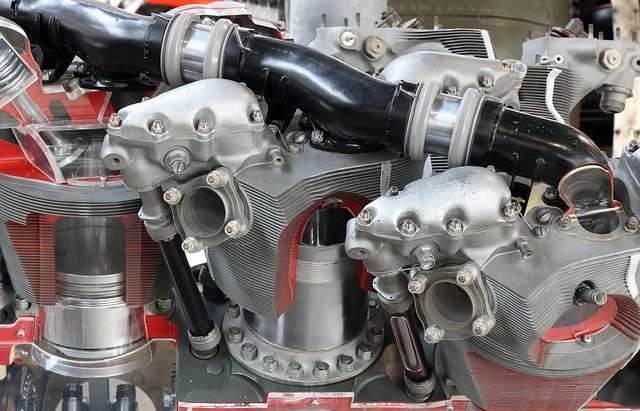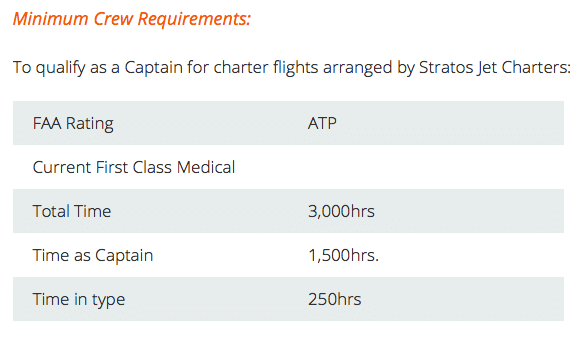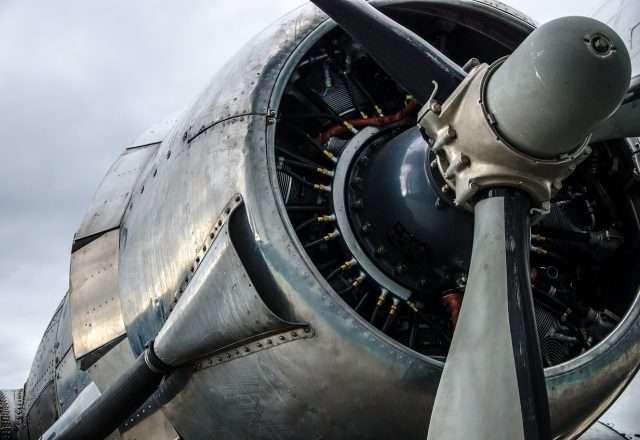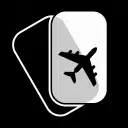Why Stratos Jets Says ‘No’ to Piston-powered Charter Flights
Aviation is an inherently risky activity. As a charter broker, Stratos Jets’ goal is to mitigate that risk whenever we organize charter flights for clients. It’s one of the reasons we choose not to use piston-powered aircraft when transporting clients. This doesn’t mean we believe piston aircraft are unsafe. Quite the opposite is true (as a general aviation enthusiast, company President Joel Thomas pilots a piston aircraft). It’s just that they’re not as safe as aircraft that utilize turboprop and turbofan engines. Given a reasonable choice, we always base our decisions on what’s best for the client. In this instance, choosing an aircraft that’s statistically proven to be safer is a no-brainer.
Simple Is Safer

Pratt & Whitney R-4360 Wasp piston engine.
Superior Performance
In addition to being simpler by design, turbofan and turbojet engines boast better performance characteristics than their piston-powered counterparts. Not only can they operate at higher altitudes, they can climb faster. This is a distinct advantage when flying in inclement weather. Modern jet charters can climb through, and fly above, adverse conditions to provide a safer, smoother charter flight experience. A piston aircraft, on the other hand, will be forced to:
- Delay departure until weather improves
- Detour around the weather system (takes longer)
- Alter arrival point
One of the main reasons business and leisure travelers prefer charter flights is there’s much less risk of flight delays and cancellations compared flying on an airline. Travelling on a piston aircraft is far less predictable.
Pilot Experience
High-end private jets are worth a considerable amount of money. For example, the 
Aircraft Maintenance Standards
In general, piston aircraft owners aren’t as well capitalized as jet owners (if they were, they’d own private jets). With fewer financial resources at their disposal, most will be less inclined to invest in the preventative maintenance required to keep their aircraft in peak condition. Instead, they take a more reactive approach. For more on this, read: Differentiating Beyond Price – Your Tool Kit For Making Intelligent Jet Charter Decisions Part 2: Aircraft Maintenance.
Third-party Audits
To provide clients with added peace of mind, and to ensure the charter planes we select are the safest available, Stratos Jets partners with third-party safety auditing companies like Wyvern and ARGUS. They scrutinize charter operators for key criteria, including:
- Operational history
- Aircraft maintenance
- Pilot training
- Financial stability
This service isn’t available for piston aircraft. Stratos Jets requires third-party audits on all charter flights to ensure the highest standard of air charter safety. Call us to learn why we Soar Higher than the competition in terms of safety, comfort and service—888-593-9066.
Are you ready to book your Los Angeles to Las Vegas charter flight yet?
Our friendly, expert air charter agents are here to answer questions or start your quote today. Don`t wait, call now and we'll get you on your way to your destination!
Call 888-593-9066











